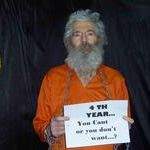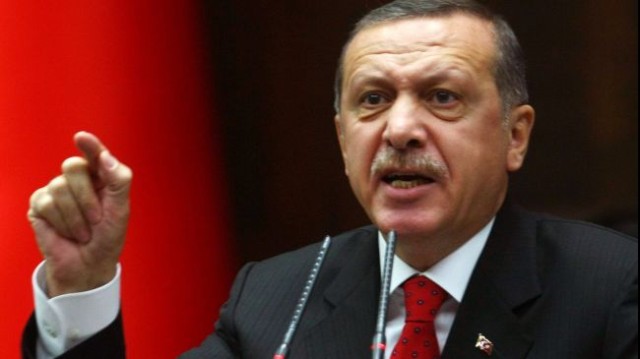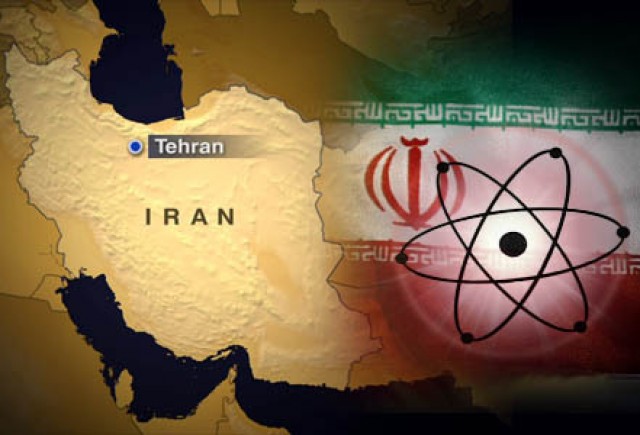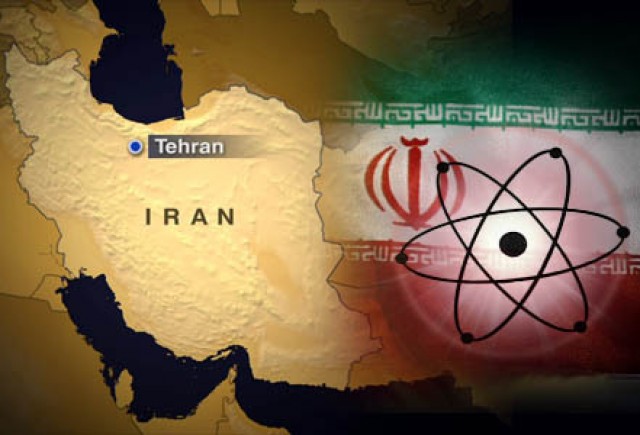Iran releases 4 hostages: ‘Money talks and people Walk’
This Los Angeles Times breaking news from Press TV in Tehran about the release of four Iranian-Americans by Tehran, on the brink of alleged compliance with the JCPOA, is a reflection of an old adage. “Money talks and people walk”.
The Islamic Republic is eager to have released the $100 billion in oil revenues sequestered in several non-US foreign banks. Those released funds will doubtless be used to crank up an estimated 500,000 barrels of oil production in 2016 to add to the existing glut in the world energy markets, clearly aimed at breaking US and OPEC competitive producers. This despite demonstrable violations of UN Resolution 1929 and the JCPOA provisions barring development of ballistic missiles given two tests in October and November 2015.
Add to that restart of its hegemonic aspirations and support of terrorism via its proxies, Hezbollah, Hamas and the Houthi, among others. There are those of us who firmly believe that Iran already has nuclear capabilities, achieved via a long standing alliance with the Democratic People’s Republic of North Korea. That will be one of the topics on Sunday’s Lisa Benson Show with guest Claudia Rosett, Forbes and Wall Street Journal columnist of note and resident journalist at the Washington, D.C. – based Foundation for Defense of Democracies.
We’re sure that the families of ex-Marine Hekmati, Pastor Abedini, convicted Washington Post journalist Jason Rezaian and one of the two American-Iranian businessmen welcome this news of their release when confirmed. But there is another imprisoned American, whose whereabouts is still unknown, ex-FBI agent Robert Levinson.

Ex-FBI agent Robert Levinson, 2011. Source: Levinson family.
On March 9, 2015 , we posted this question on the NER/Iconoclast: “Where is Ex-FBI Agent Robert Levinson, President Rouhani?” We noted:
FBI director James Comey announced today that the agency raised the reward for information to $5 million on the whereabouts of former FBI agent Robert Levinson of Coral Springs, Florida. Levinson disappeared from the Kish Island resort in the Persian Gulf eight years ago. A proof of life video of him was last seen in 2011. His family and lawyer have endeavored to seek the assistance of the Administration to have him returned. Secretary of State John Kerry apparently asked Foreign Minister Zarif for assistance in locating him. CBS News reported:
FBI Director James Comey said “it is long past time for Bob to come home.” Secretary of State John Kerry urged the Iranian government to “work cooperatively with us on the investigation.”
An Associated Press investigation published in 2013 revealed that Levinson vanished while working for the CIA on an unapproved intelligence-gathering mission. In January 2014, Christine Levinson confirmed her husband was working for U.S. intelligence.
“He was working as a consultant for the CIA,” she told CBS News. “He was also a private investigator. He was able to do both at the same time in his travels.”
Tuesday is Levinson’s 67th birthday. He retired from the FBI in 1998.
Levinson has had no direct contact with his family since his capture in 2007. In 2010, documents detailing Levinson’s “arrest and detention in Iran” were anonymously emailed to his wife, who later received pictures and a short videotape.
[…]
“Leads were followed up, and investigations were made, but we have not gotten any new information about Bob,” Christine Levinson said last year.
We wrote about the shadowy circumstances behind his likely abduction on his way to meet an American convert to Islam David Belfield, a.k.a. Dawud Salahuddin, who assassinated a leading opponent of the Islamic republic, disguised as a postman delivering a package to him in suburban Washington, DC. See our December 13, 2013 Iconoclast post, Unanswered Questions Follow the Levinson CIA Rogue Mission Expose:
There were secret House and Senate Intelligence Hearings on the Levinson disappearance and CIA involvement. A multi-million compensation deal for Levinson’s wife to keep her quiet was engineered in part by Florida US Senator, Bill Nelson. Meanwhile in 2011, proof of life videos and photos emerge showing a bushy haired grey bearded Levinson attired in an orange prisoner jumpsuit in chains pleading for his life. According to the WaPo report, the video audio background appears to favor the notion that he may have been moved to Afghanistan or Pakistan by Iranian intelligence. The US secretly approached Iran about Levinson’s whereabouts. Meanwhile former Iranian President Ahmadinejad charged the US with using Levinson to perpetrate another CIA plot not unlike the 1950’s one that overthrew Iranian President Mohammed Mossadegh. Then in 2013 a new ‘reformist’ Iranian President emerges after the June election who engages in dialogue with the Obama Administration. The State Department alleges that it made inquires during the recent P5+1 negotiation with Iranian Foreign Minister Zarif concerning the whereabouts of another American prisoner, Pastor Abedini. However there is silence on the whereabouts of Levinson. Concern rises about Levinson given that he is a diabetic and may have a heart condition. The inference is that he might have died in the course of interrogation. His case has gone dark. That is, until today’s expose. An expose that appears to have been embargoed for several years.
[…]
The assassin Salahuddin was recruited in 1980 by the late Muslim Brotherhood principal, Dr. Said Ramadan, father of Oxford/Notre Dame Professor Tariq, to do a hit for Ayatollah Khomeini. Salahuddin, disguised as a US Postman, went to the door of a former Shah official in Washington, DC suburb, Ali Akbar Tabatabai’e, shot and killed him and then fled to Tehran. We wrote about this Ramadan assassination mission ordered by Ayatollah Khomeini in our NER article How the CIA Helped the Muslim Brotherhood Infiltrate the West (August 2011). Given Salahuddin’s background, that possibly means Levinson set up for a snatch by Iranian Intelligence. Given Levinson’s ‘contract’ work with the CIA Illicit Funds Office in Venezuela and Colombia, our hunch is that the IRGC Quds Force got wind of this in Venezuela and started tracking him.
Now that Iran is getting its impounded $100 billion back and releasing four imprisoned Iranian Americans, it is time for Secretary Kerry to fess up and press Iran for information on Levinson, and, if hopefully alive, obtain his release, now.
RELATED ARTICLES:
Who is Nosratollah Khosravi-Roodsari? The Story of the Fourth American Prisoner
ANALYSIS: Obama’s fantasy of a new Iran endangers us all
Iran Cashes In on Sanctions Relief and Hostages
Report: Iranian-American Hanged in Iran
Tehran Acknowledges 200 Thousand Armed Youth in Five Countries
As sanctions are lifted, PM pledges Israel will never allow Iran to obtain nuclear weapons
EDITORS NOTE: This column originally appeared in the New English Review.






